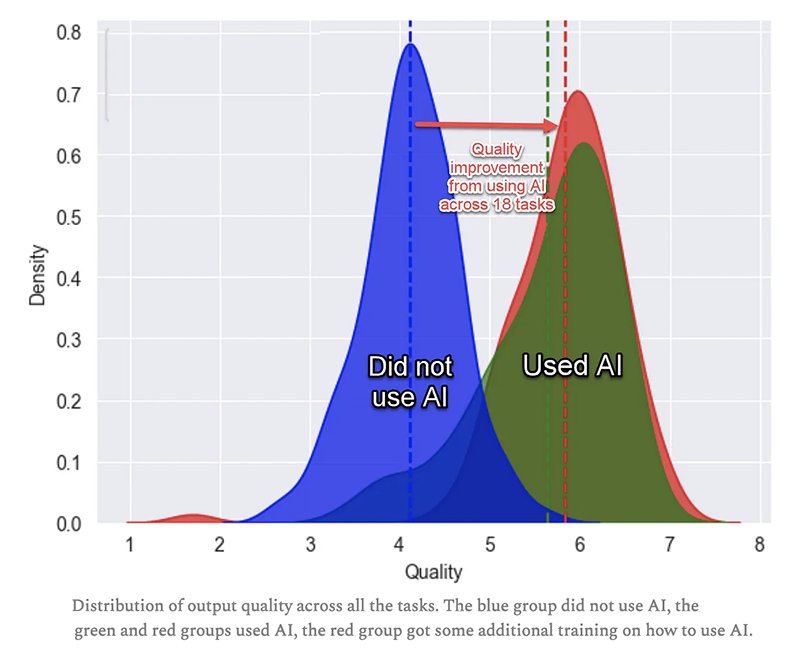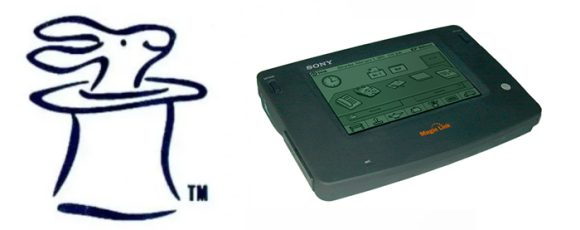AI is a tool. A misnamed tool at that, as the AI in the news these days is a complex web of statistics and matrix multiplication that resembles human intelligence, but which is far from actually intelligent.
They are big, innovative, step-function-changing tools, like the printing press vs. hand copied books, like the typewriter vs. hand copied letters, like word processors vs. hand typed letters, but again, just tools.
The question isn’t whether these tools will replace humans. The question is what work humans will be doing ten years from now and what work will be done by the tools.
As usual, there are many lessons from history to see what will likely happen. For example, step back 50, 60, or 100 years into a typical office setting and you’ll find professional typists. At big companies, rooms full of workers sitting at typewriters all day typing letters hand-drafted or dictated by other workers. Plus a more invisible set of workers shuffling many of these typed “memos” between departments, along with typed letters mailed to and from other organizations.
All of that is history. Gone. Today’s offices (for those organizations that still have offices) still have rooms of people typing into keyboards, but those people are now typing their own thoughts, and those people are now generating not just typed memos (a.k.a. email) but also generating diagrams, presentations, and other more complex content that small companies couldn’t produce in-house 50, 60, or 100 years ago, and which big companies could thanks to other rooms full of other specialists.

As reported by Ethan Mollick, Boston Consulting Group recently ran an experiment to see how the use of AI tools change he quality of the work created by their consultants. Read Centaurs and Cyborgs on the Jagged Frontier for the details, but in short, quality generally improved with the use of ChatGPT, and quality improved the most for the least knowledgeable workers.
Surprised? I’m not. I use a power drill just a few times per year, but the quality of the holes I drill are about the same as a construction worker who drills holes with a similar tool every day. Increasing quality and increasing productivity is why we use power tools. ChatGPT is just a power tool for knowledge workers.














